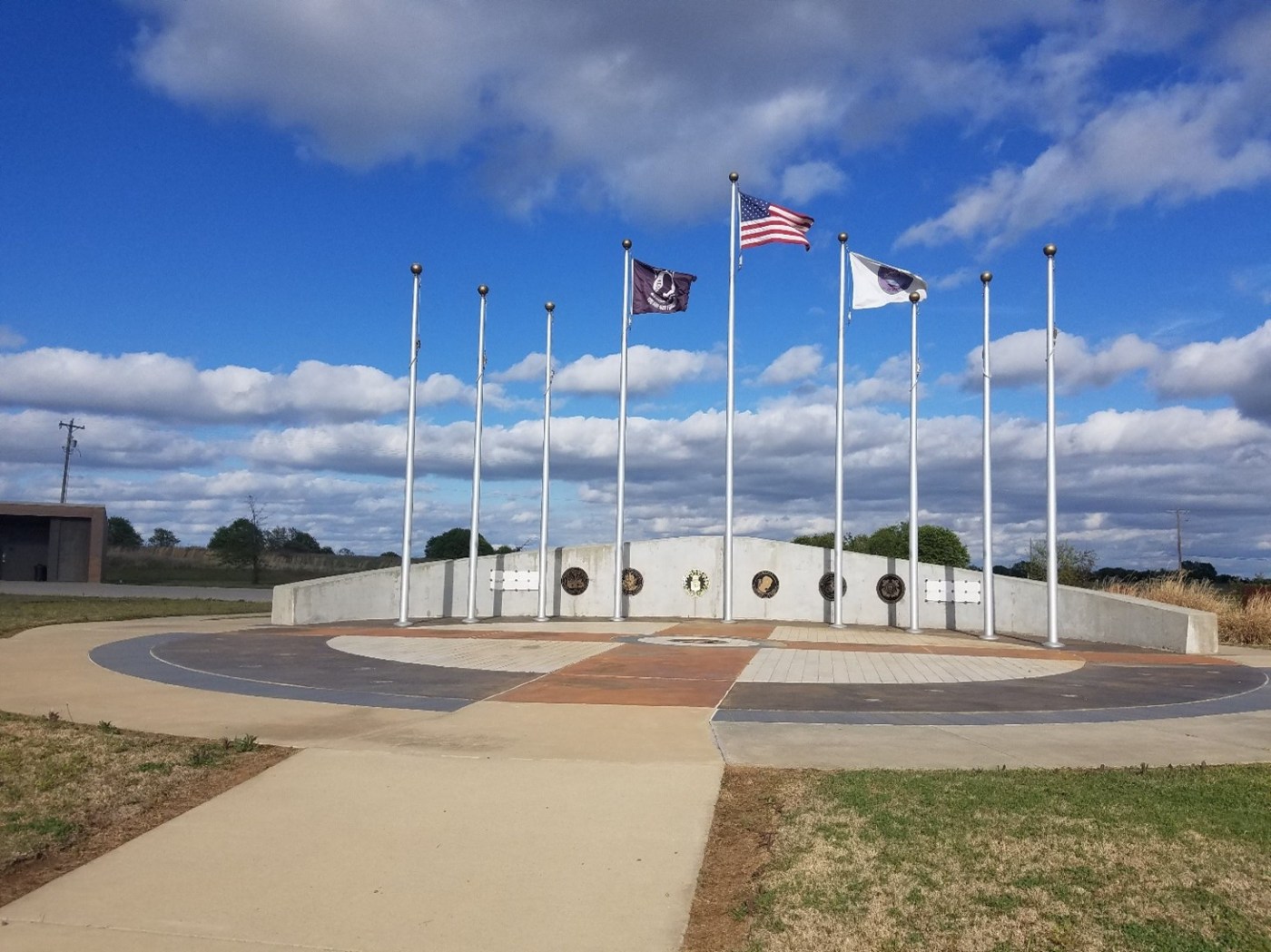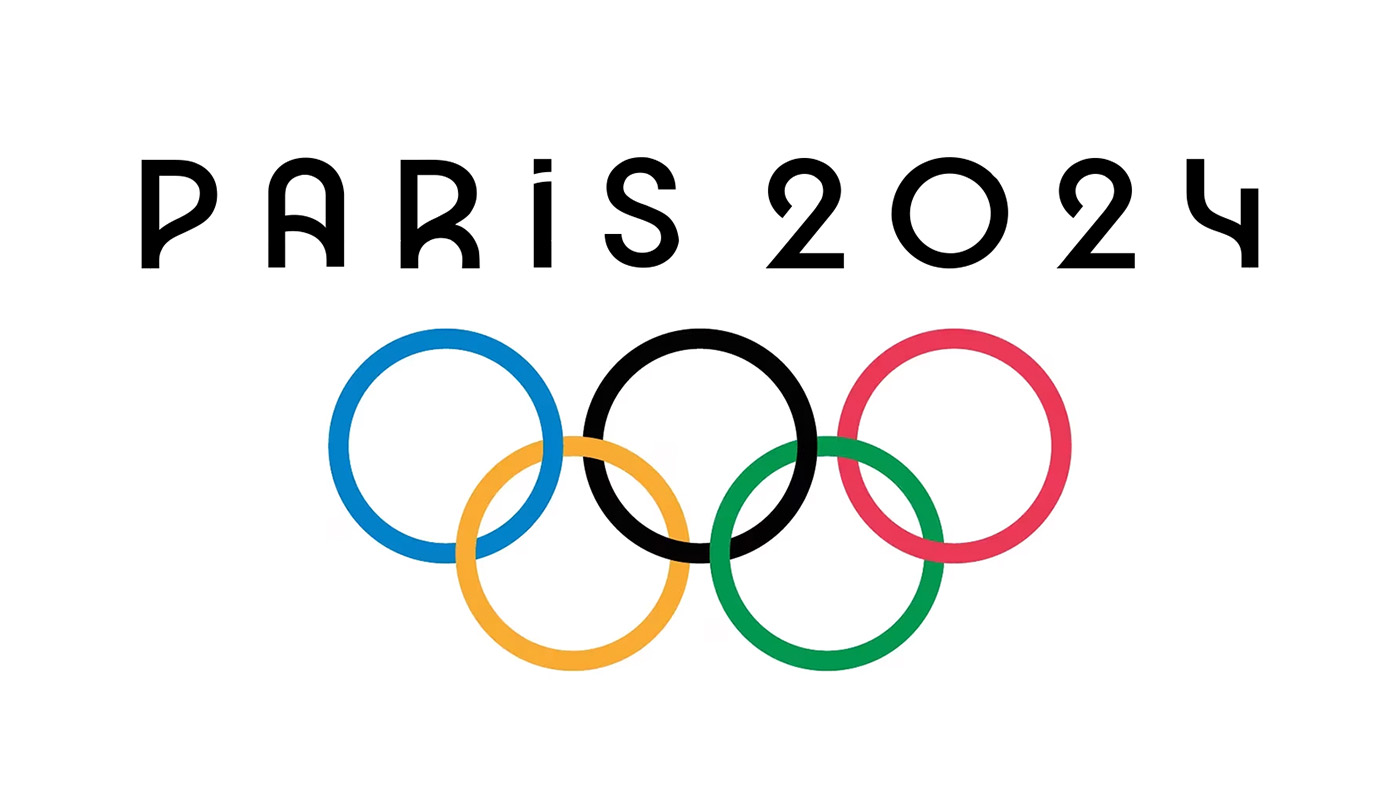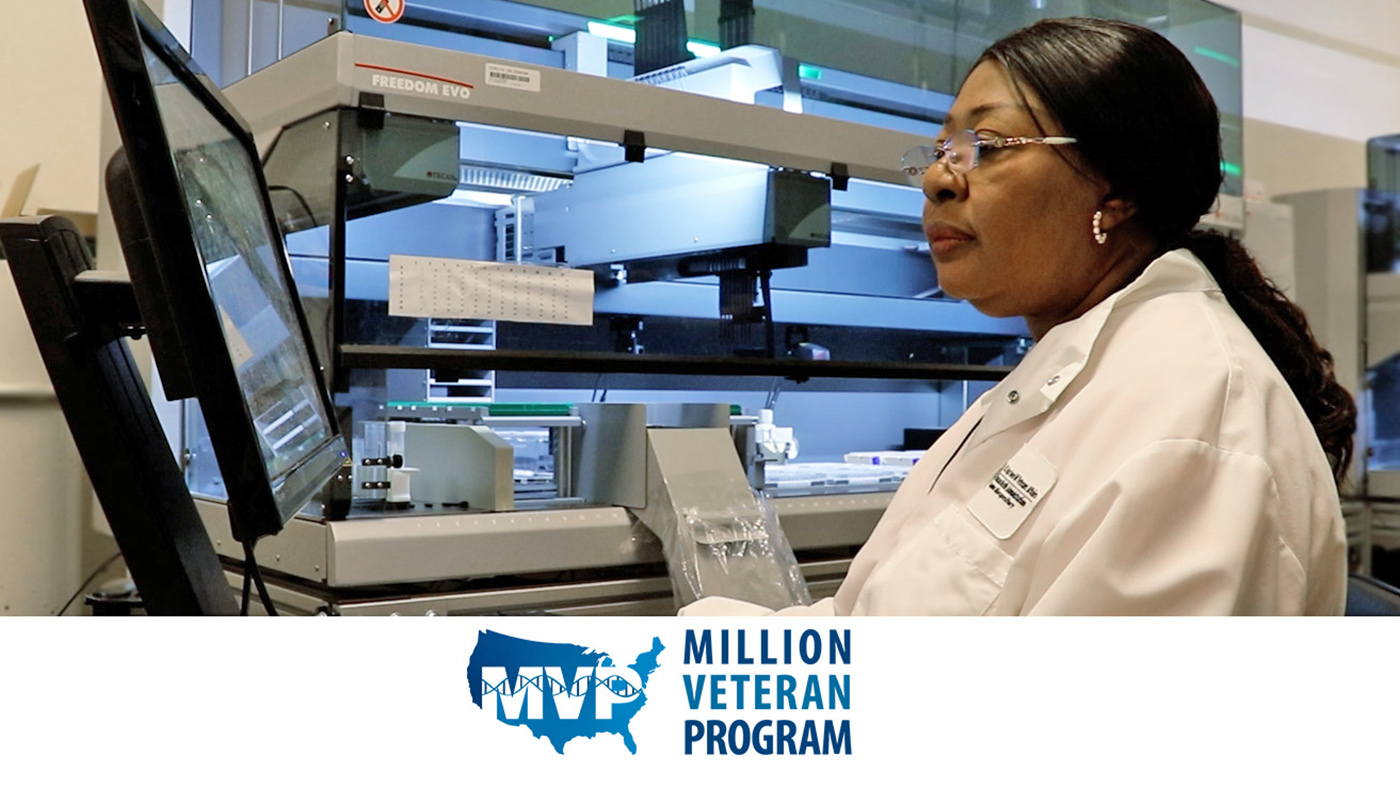Native Americans serve in the military in numbers far higher than their proportion of the U.S. population. They’ve served with distinction in every major conflict for over 200 years. To honor their legacy of service and their culture, the National Cemetery Administration (NCA) works with tribes to honor their service and heritage, working together to build and maintain tribal Veterans cemeteries—those built and maintained by tribes with support from VA.
NCA’s Veterans Cemetery Grant Program allows NCA to partner with states, U.S. territories and tribes to build and maintain Veterans cemeteries, giving Veterans more burial options across the country.
Along with our 155 VA national cemeteries, these state, territorial and tribal cemeteries give nearly 94 percent of Veterans access to a Veterans cemetery within 75 miles of their home.
Working together
There are 14 VA-funded cemeteries built and operated by tribes on tribal trust land. VA works closely with tribal leadership to make sure tribal culture and traditions are honored with design elements and features reflecting the unique heritage of each tribe.
The Sicangu Akicita Owicahe Tribal Veterans Cemetery on the Rosebud Sioux Reservation in South Dakota was one of the first VA-funded tribal cemeteries.
Completed in 2013, the cemetery is built in the shape of a turtle, a symbol of life, longevity and fortitude in the Lakota culture.
The entrance gate is made of four towering logs, crossed high overhead like the frame of a tipi. The committal shelter where services are held is also a large tipi. You’ll see the tipi motif in the entrance hall of the administration building, with massive, bare wooden logs serving as pillars and beams. The circular building symbolizes the cycle of life.
Rather than a bronze plaque inscribed with President Lincoln’s Gettysburg Address (standard at all VA and state Veterans cemeteries), this cemetery bears a plaque with a quote from Chief Crazy Horse, the famous war leader of the Lakota Sioux: “My lands are where my relatives lie buried.”
Different cultures, different elements
“When we conducted a kick-off meeting, the tribal elders [of the Standing Rock Sioux tribe] brought up that horses are very sacred to the tribe, and if it was possible, they’d like to build a horse corral at the cemetery,” said George Eisenbach, director of the Veterans Cemetery Grants Program. “NCA authorized it.”
The All Nations Veterans Cemetery is on the Standing Rock Reservation, straddling the border of North and South Dakota. Like the Rosebud Sioux tribal cemetery, the entrance to All Nations Veterans Cemetery is marked by massive logs erected over the gate like the frame of a tipi.
Eisenbach says incorporating these cultural elements goes beyond honoring their departed Veterans. They’re preserving their heritage for future generations.
“They’re thinking about the youth of the tribe, how they are going to look back at their history, and how they will hold onto their culture,” Eisenbach added.
At the Seminole Nation and Veterans Memorial in Oklahoma, the flag assembly area has a cultural walk with signs showing Seminole symbols for “warrior,” “honor” and “valor.”
Along with the military branch seals, a circular bronze plaque nearby honors Seminole Nation code talkers.
The newest tribal Veterans cemetery, the Metlakatla Veterans Memorial Cemetery, was dedicated this past July. It stands on the only Indian Reserve in the state of Alaska, in the far southeastern corner of the state near Ketchikan.
Like other Pacific Northwest tribes, the carved wooden totem pole is a fixture of their tribal culture. Two totem poles depicting Metlakatla warriors stand guard near the flag assembly area.
NCA looks forward to continuing the partnership with tribal leaders, not only to build more tribal Veterans cemeteries, but to honor the proud heritage of Native American Veterans.
Topics in this story
More Stories
Seven U.S. Army soldiers, one Army Reserve soldier and two Veterans are representing Team USA at the 2024 Olympic Games in Paris, which begins today.
The findings of this new MVP study underscore the importance and positive impact of diverse representation in genetic research, paving the way for significant advances in health care tailored to Veteran population-specific needs.
VA reduces complexity for Veterans, beneficiaries, and caregivers signing in to VA.gov, VA’s official mobile app, and other VA online services while continuing to secure Veteran data.







Could u please email to me the email addresses of the primary tribe contacts?
I am an 80 year old senior and veteran. I have absolutely no intention of otherwise using the addresses for either personal, commercial or any other monetary gain.
U r welcome to contact me at my email address. Thank you.